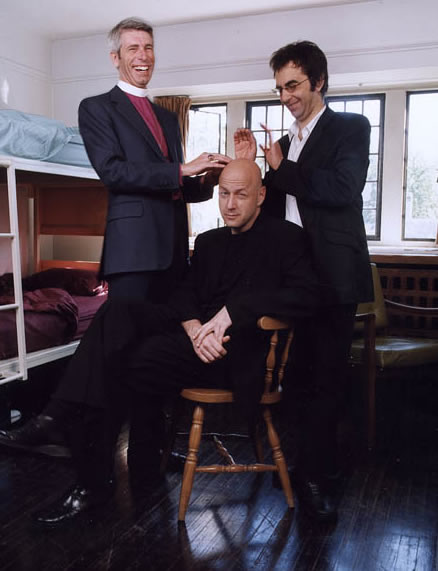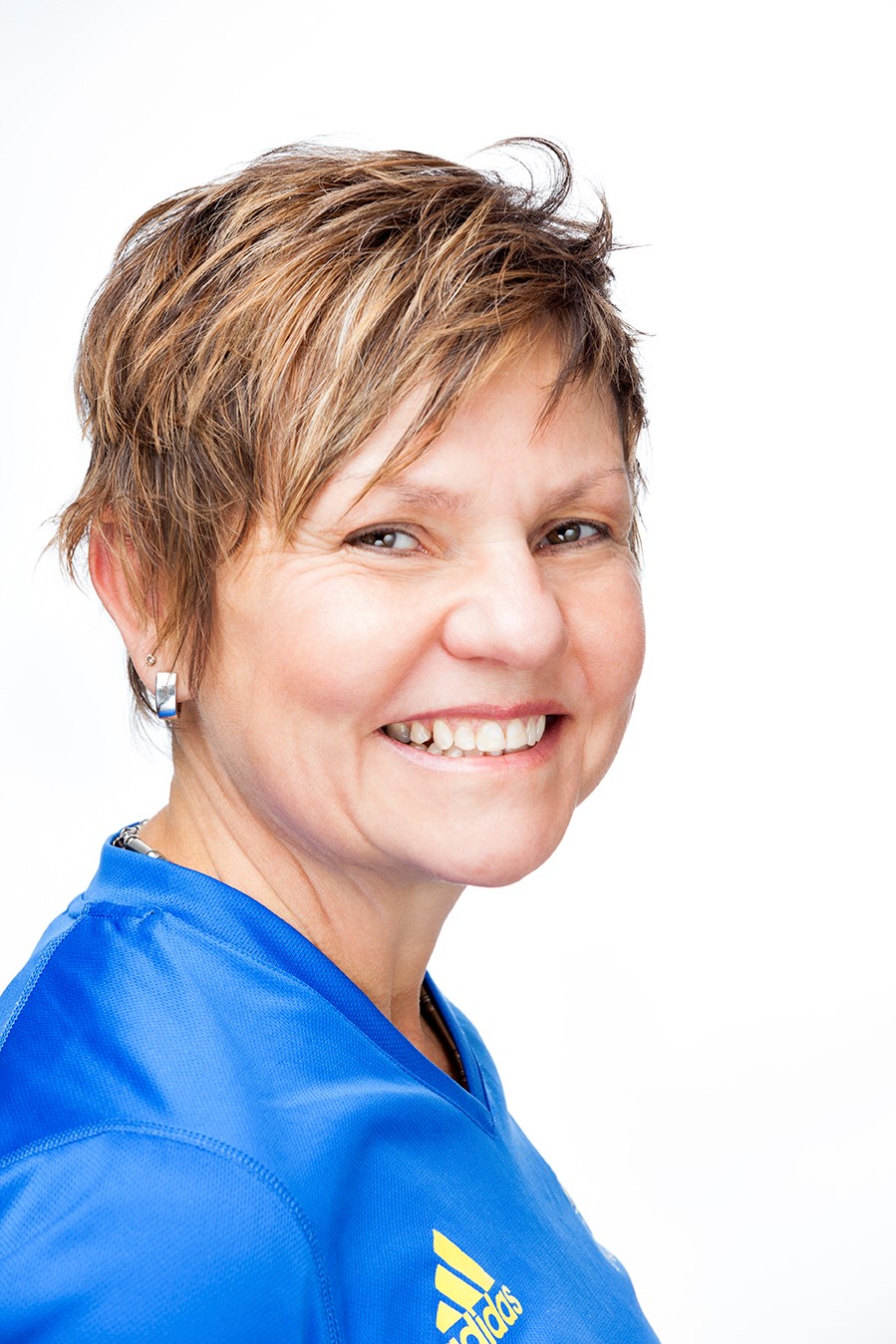“I thought we were a golden circle,” says novelist Doug Cooper (BA 1982 Trinity, MA 1984) of himself and his friends at Trinity. The circle included filmmaker Atom Egoyan (BA 1982 Trinity, DLitt Sac Hon. 1988), playwright David Fraser (BA 1982 Trinity) and Anthony Burton (BA 1982 Trinity), who – at age 34 – became Canada’s youngest Anglican bishop in the 20th century.
Some of them came to university with artistic ambitions in check, determined, as Burton jokes, to be “stinking-rich lawyers.” Others came, as Egoyan recalls, to be “a diplomat, witty and well-read, who maybe shoots films on the side while solving crises in exotic locales.” Instead, a number of them found, in the drama society, in the literary and athletic societies and through long, rambling conversations, the passion to fully explore what moved them.
“There’s a pretentiousness at Trinity that you don’t find anywhere else,” says Cooper. “But pretence is the first stage of ambition. I think that you have to be pretentious in order to send an image of what it is you intend to become. If you’re lucky, then you grow into that image.
“Atom and I were both hilariously pretentious. We both wore ties,” continues Cooper. “Of all my friends, he was the only one who would kiss you when he saw you, which, me being a WASPy Jew from Rosedale, always made me kind of nervous, although it was really impressive.”
Burton and Cooper were assigned rooms across from each other in their first year, and within two hours, both asked the dean to be moved. Says Burton of Cooper: “He thought I was the model for starchy WASPs.” Says Cooper of Burton: “He saw me as a wild thing who’d just crawled out of the swamp.”
“Actually, I saw him as an anarchist and drug addict,” says Burton. “Then I discovered a sensitive writer and philosopher with a wicked sense of humour.” The next year they asked to room across from each other. “He didn’t exactly convert me,” says Cooper, “but he grounded me morally in ways that might not otherwise have happened.”
Egoyan and Cooper bonded as outsiders, exploring, respectively, their Armenian and Jewish heritages. They became close friends and rival dramatists, staging their productions at the George Ignatieff Theatre. “We’re both really ambitious and driven,” says Egoyan, “and we’re both on a roller coaster. We get really excited about ideas, and also weighed down. We’re able to support each other through that. We know the ride.”
Cooper, who, in his own words, lived “a romantic cliché writing novels and plays in New York,” now writes novels and plays in Montreal. Burton, who presides over a diocese in northern Saskatchewan, still delights in the connection that the three men formed at U of T: “If your friends are substantial people, you probably learn more from them than you do in class.”
Says Cooper: “I can’t imagine that things would have gone the way they have if I had not met these people.”
Recent Posts
U of T’s 197th Birthday Quiz
Test your knowledge of all things U of T in honour of the university’s 197th anniversary on March 15!
Are Cold Plunges Good for You?
Research suggests they are, in three ways
Work Has Changed. So Have the Qualities of Good Leadership
Rapid shifts in everything from technology to employee expectations are pressuring leaders to constantly adapt






